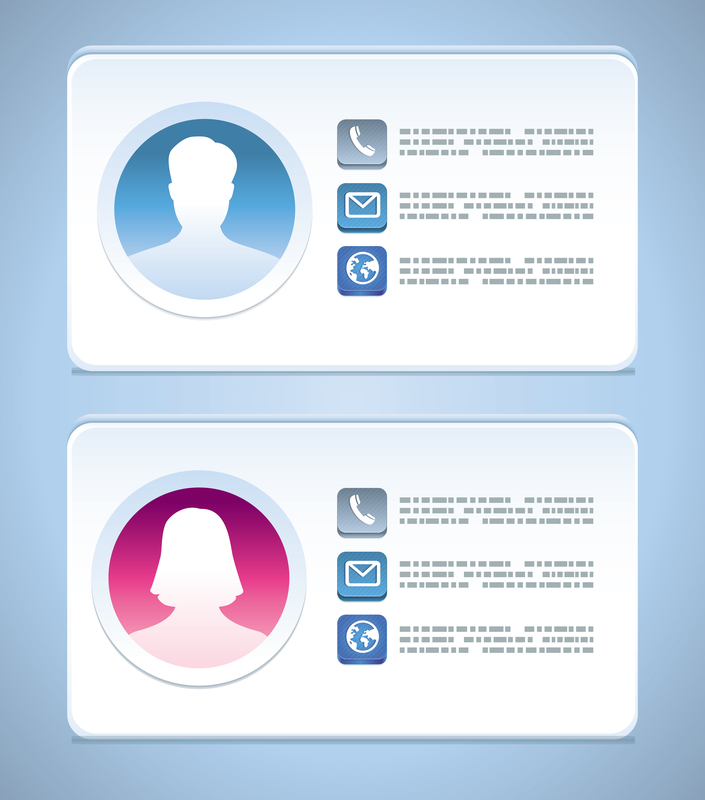How Accurate is Your Professional Profile?
By Andy Tiwari

We’ve all experienced it or heard it: someone’s profile on a professional social media site was misleading. A potential job candidate may have exaggerated their skills or misstated their job history.
We have a fairly broad right to free speech online, and online social profiles generally won’t expose us to liability for information we present about ourselves. However, there have been a few court cases that should make you consider the accuracy of your posts, especially on sites like LinkedIn, and employers should consider the nature of their policies regarding such profiles.
A 2014 Jobvite survey revealed that 94 percent of recruiters use LinkedIn to find and screen applicants. LinkedIn is by far the established brand for “professional” social media, but it isn’t uncommon to see pages that aren’t updated when employees transition or are between jobs. And many users may perceive it a disadvantage to have the appearance of being unemployed on LinkedIn. So do we have an obligation to update our information? Can a former employer control whether we do or not?
One Kentucky man was sued in 2013 for not updating his LinkedIn page to remove references to his former employer. The split had not been amicable: he was fired for making disparaging remarks about his employer while communicating with a customer. The Kentucky company brought a bevy of claims alleging the former employee was fraudulently misrepresenting himself as an employee, but lost on technical grounds.
Staffing firm Robert Half International filed a lawsuit in California in 2014 alleging former employees could not advertise or indicate in any business materials that they had been employed by the staffing company except in submitting resumes or applications. The staffing firm wanted to prevent employees from giving detailed job descriptions in order to thwart competition. Under California law, the lawsuit failed.
The challenges in these cases raised questions about the risks posed for employers and employees alike with inaccurate profiles. To date, no Texas cases appear to have directly addressed this topic, but several touch on the concept. One Texas case in federal court revolved around the use of copyrighted information on a former employee’s LinkedIn profile, and another in Houston involved a job recruiter using LinkedIn in her new job to contact connections she established while working for her old employer, also a job recruiter. In the latter case, the former employee was bound by a non-compete, and the parties voluntarily resolved the case. In another case out of Corpus Christi, a borrower unsuccessfully attempted to argue that a bank employee’s LinkedIn profile was evidence of fraud because it contained information about a different bank.
These cases illustrate the need for employment policies that address an employee’s use of company information during employment and the need to update professional social sites after parting ways. Texas law on non-competition differs from California, and a Texas employer is likely to have better protection when implemented correctly. Many employees won’t be the proper subject of a non-compete, so policies regarding the use of company-owned information may be best. It’s likely not worth an employer’s time and money to file a lawsuit when updates aren’t made because of the burden of proof required – namely written documentation.
As an employee, if you are using sites similar to LinkedIn, its best to represent yourself accurately or ask for permission for continued use. Further, be careful when using images or other items that might be owned by a former employer.
Social media and online profiles are here to stay, and employers and employees both need to be careful with their use of these powerful but tricky tools.
Andy Tiwari is principal and named partner of Tiwari + Bell PLLC and can be reached at www.TexasLegalPros.com or call 210-417-4167.
